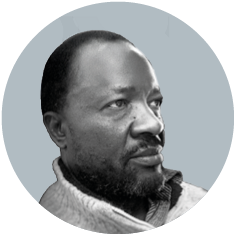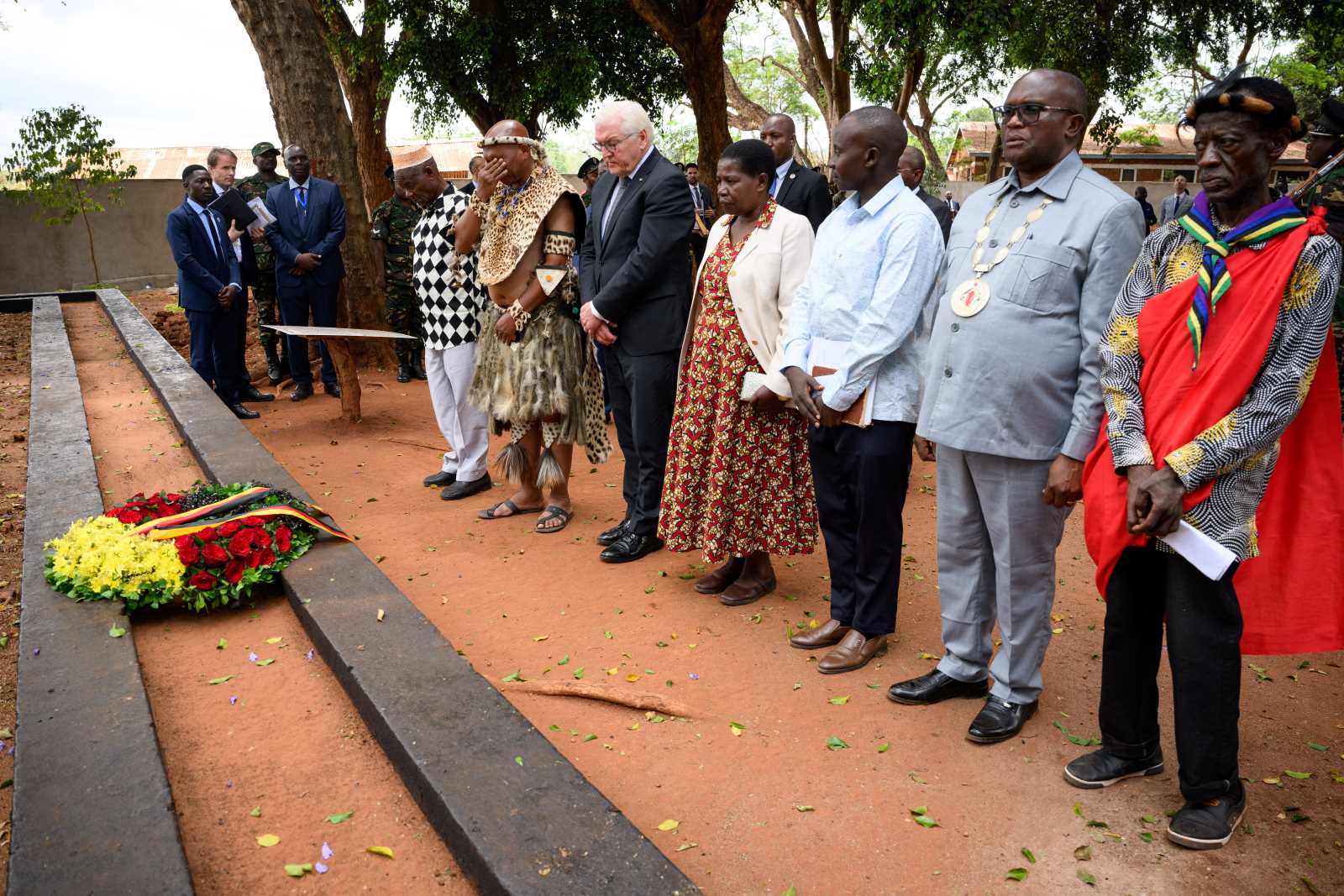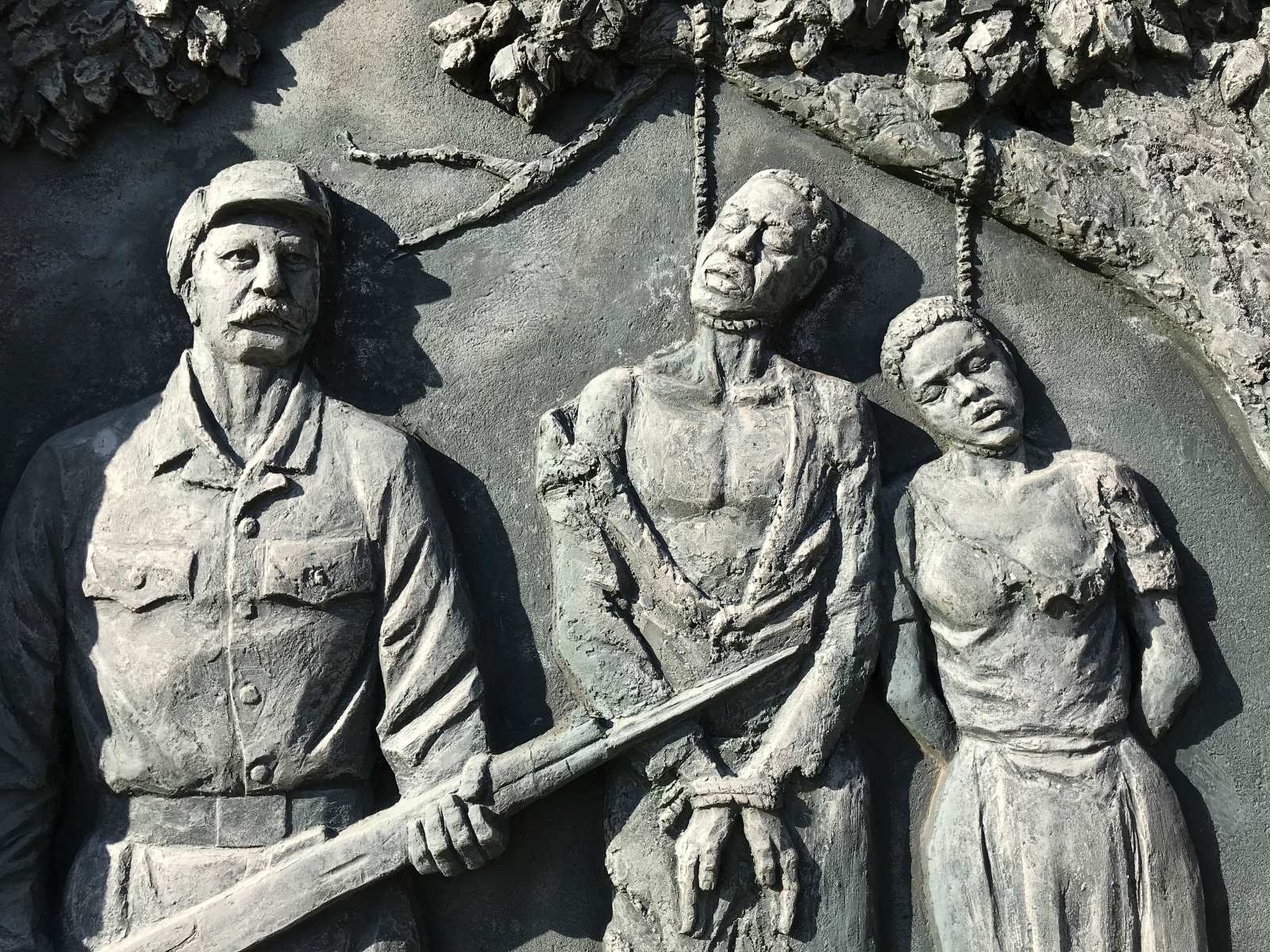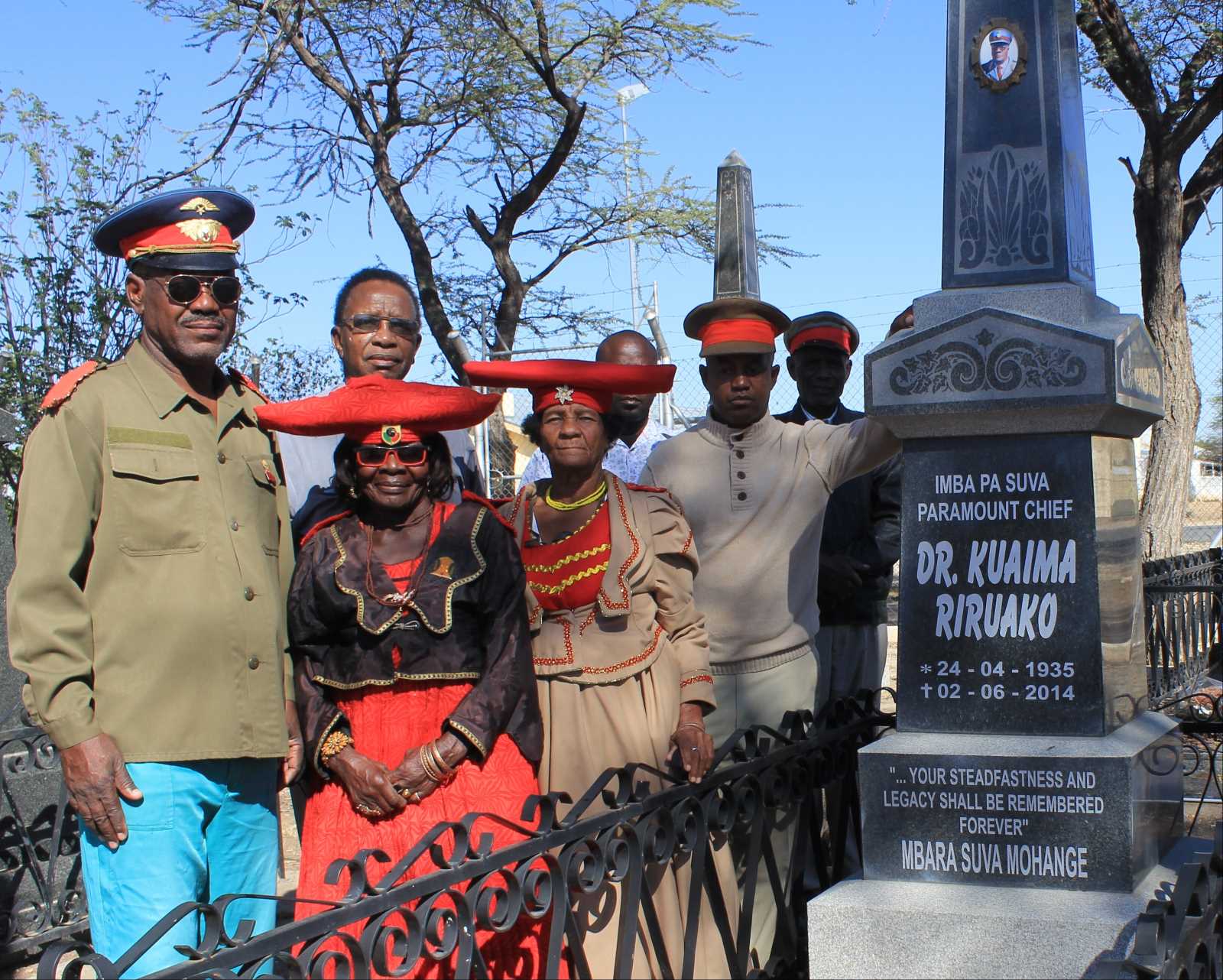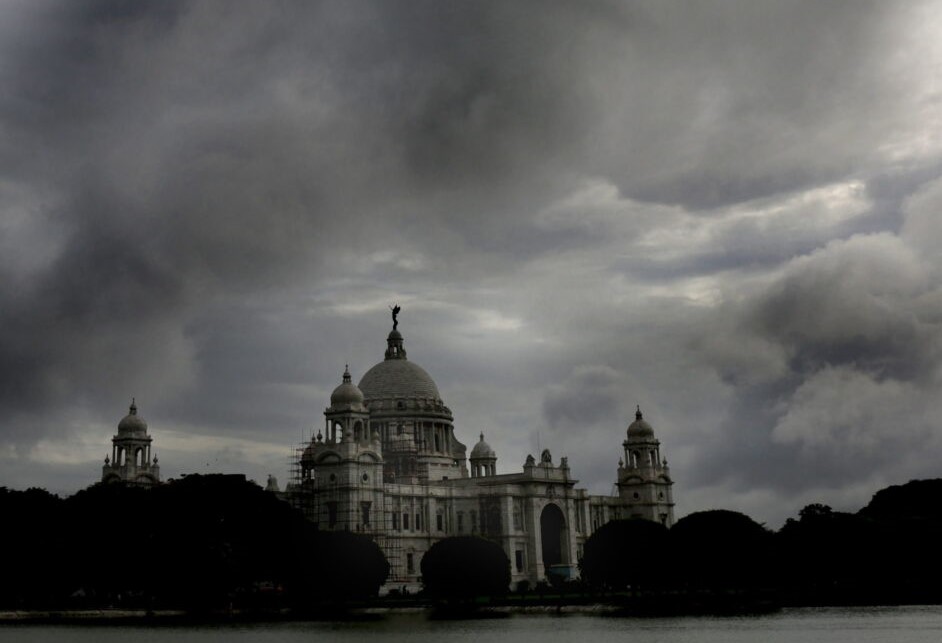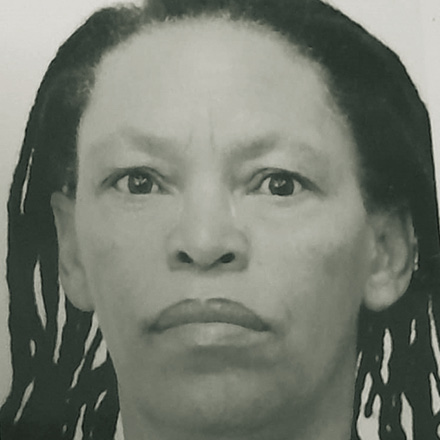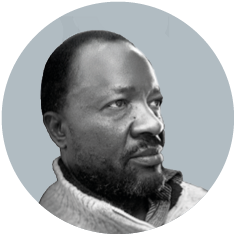Reparations
Justice after genocide
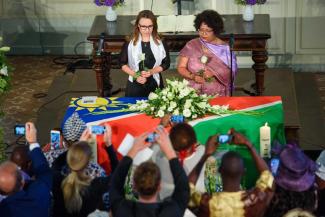
The admission of guilt was the first of its kind by a colonial power. Negotiations between the German and Namibian governments followed in an effort to come to terms with this past. A joint declaration was signed in 2021. However, in response to massive protests in Namibia denouncing the inadequacy of this declaration, the Namibian government resumed negotiations. By mid-2025, talks were still ongoing.
In a parallel process, Germany responded to pressure from Namibian descendants of the victims and German postcolonial initiatives. The government worked with institutions such as museums, which were aware of the gruesome legacy in their basements, to search for and identify human remains from the colonial era.
Thousands of skulls and other body parts – including some from other colonies such as East Africa – were brought to Germany following the massacres of Indigenous communities that resisted foreign occupation. Some of the skulls belonged to decapitated leaders. In Germany, they became the subject of racist, pseudo-scientific anthropological studies. These were intended to justify a “civilizing mission” by asserting the superiority of the “Aryan master race”, that is, the Germans.
Restitution as a modest beginning
In 2011 and 2018, skulls and other human remains were repatriated from Berlin and 2014 from Freiburg. The official ceremonies in Berlin were marred by inadequate recognition on the part of the German government. Although these repatriations were of great significance to Namibians and were attended by high-ranking delegations, they were treated disrespectfully by some lower-ranking German government representatives. For example, Cornelia Pieper, then Minister of State at the Federal Foreign Office, left the venue in 2011 without even having the decency to listen to the speeches of the Namibian delegation. This is anything but credible remorse.
The restitution also included the return of stolen cultural property. In 2019, the Linden Museum in Stuttgart returned the family Bible and whip of the legendary Nama chief Hendrik Witbooi, who was killed in 1905 while fighting against the Germans. These items had been stolen in 1893 during the Hornkranz massacre, which the Nama people consider the beginning of the genocide. However, the protocol and details of the return of the items to Witbooi’s descendants were complicated.
Development sociologist Reinhart Kössler from the Arnold Bergstraesser Institute for Cultural Studies in Freiburg commented on the process: “The claims for ownership and control on the part of the modern independent state countervail the expectations and hopes of the communities whose forbears have been robbed of the objects”.
In 2022, the Prussian Cultural Heritage Foundation returned 23 stolen objects. The project began in 2019 and ended with the opening of a mobile exhibition of the objects in Windhoek in June 2025. German critics claim that some of these objects were not stolen and should not have been returned. This raises the fundamental question of who has the power to define and control such processes.
Continuation of colonial relations
Fragmentary restitution cannot compensate for a lack of genuine remorse and reparation for the crimes committed. Even if the joint German-Namibian declaration is finally signed, the result, once described as a “reconciliation agreement,” is not sufficient for reconciliation with the descendants of the Indigenous communities most affected. This is because representatives of their most important organisations were not involved in the negotiations.
Ultimately, this constitutes a continuation of colonial relations. As Nama activist Sima Luipert emphasised in Al Jazeera: “No amount of money can ever wholly repair the damage that has been done. It’s about recognition.” Reverend Rupert Tjitee Isaac Hambira, a descendant of the Ovaherero in the diaspora, stated at a World Council of Churches conference this year titled “Berlin 1884–1885 and Anti-Black Racism: In Search of a Shared Anti-Racist Ecumenical Vision”: “True reconciliation demands more than symbolic gestures. It demands justice rooted in truth, shaped by inclusion and backed by genuine transformation. Until such process is realised, we will not consent. We will continue to contest the legitimacy of these negotiations.”
The marginalisation of Indigenous communities in negotiations concerning their interests violates the United Nations Declaration on the Rights of Indigenous Peoples, which was adopted in 2007 with both Germany and Namibia voting in favour. Article 18 states: “Indigenous Peoples have the right to participate in decision-making in matters which would affect their rights, through representatives chosen by themselves in accordance with their own procedures”. For Namibian lawyer Ngutjiua Hijarunguru-Kuṱako, any agreement between the two governments is therefore null and void. “They are negotiating about people who are not sitting at the table,” she told the German news outlet “taz”.
Reparations and memory
The treatment of the descendants of the victims of the genocide against the Ovaherero and Nama is not an isolated case. Many Indigenous groups around the world have been systematically displaced, deprived of their rights and murdered by foreign powers. And many have yet to receive adequate apologies, let alone compensation. Yet this is precisely what many Indigenous Peoples need in order to heal from collective trauma and strengthen their identity.
In his essay “The Burden of Memory, the Muse of Forgiveness,” Nigerian Nobel Prize winner Wole Soyinka refers to the healing trilogy of truth, reconciliation and restitution. On the path through the portal of healing, which victims and perpetrators must pass through together to achieve moral symmetry, restitution is the final but central step. Gurminder K. Bhambra, professor of postcolonial and decolonial studies at the School of Global Studies at the University of Sussex, pointed out in her essay on the colonial world economy: “A distributive justice that fails to acknowledge the requirement of reparative justice for colonialism will always be partial. Worse, it becomes a building block for the walls that separate and divide the relatively advantaged from the disadvantaged and excluded.”
Questions about persistently asymmetrical power relations and selective memories do not only arise in negotiations between states. They can be a domestic issue, too. Coming to terms with the genocide committed by German colonisers against Indigenous communities in what is now Namibia requires the direct involvement of the relevant authorities of the affected communities to find the best way to make amends. Doing so would be consistent with Namibia’s post-independence nation-building motto, “Unity in Diversity,” as well as its slogan, “Solidarity, Freedom, Justice.” Instead, the exclusive nature of the negotiations between the governments without the respective representatives of the Indigenous Peoples sparked hostility and resentment and fuelled ethnic tensions with communities that have more influence within the government. Claiming the right to speak for others denies the Indigenous communities that are directly affected a voice at the negotiating table. This is another form of colonialism.
Reverend Hambira points to the duty and responsibility “that the suffering of our people is known, never forgotten and never repeated”. The work of remembrance, resistance, and dignity must continue “out of a fierce love for our ancestors, our children and the truth”.
Henning Melber is Associate at the Nordic Africa Institute in Uppsala, Sweden, and an extraordinary professor at the University of Pretoria and the University of the Free State in Bloemfontein.
henning.melber@nai.uu.se
Jephta Uavavaera Nguherimo is an author and founder of the OvaHerero People’s Memorial and Reconstruction Foundation (OPMRF).
jephta@hotmail.com

